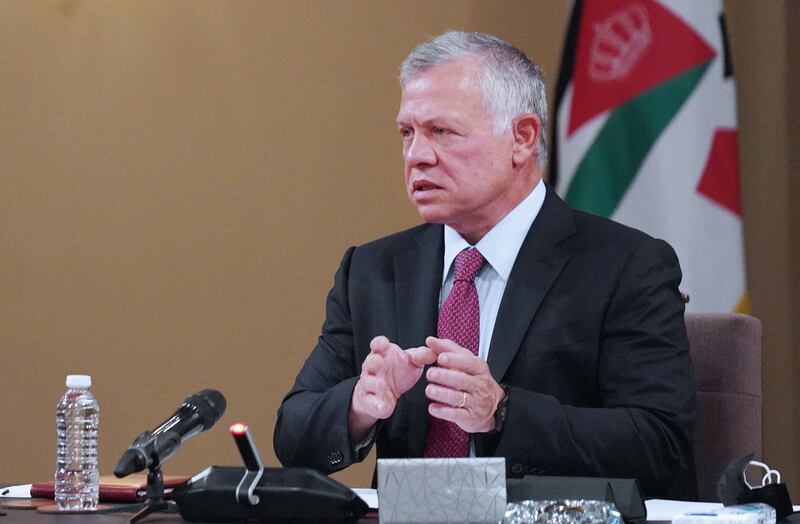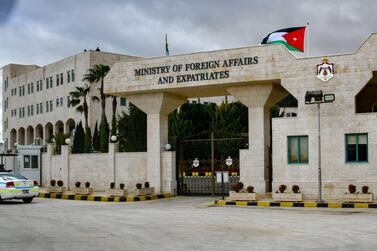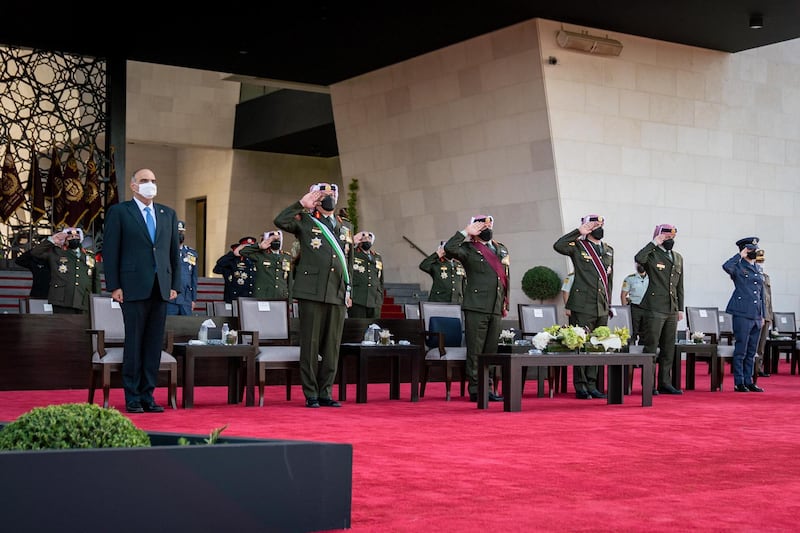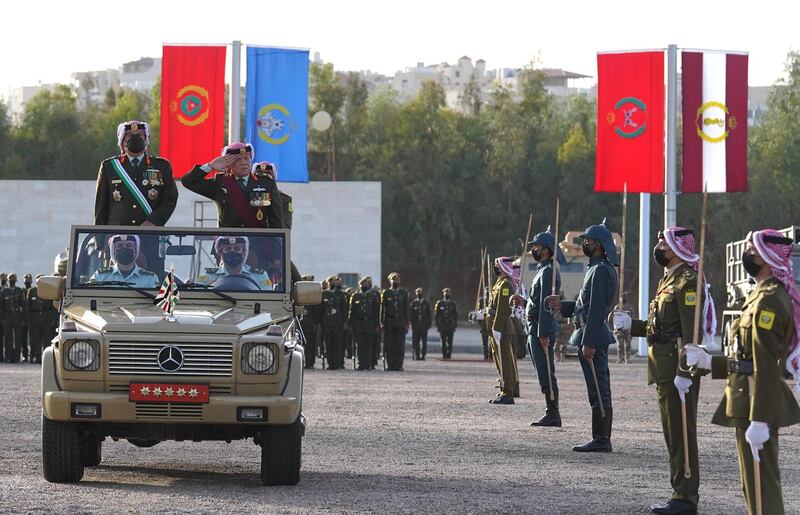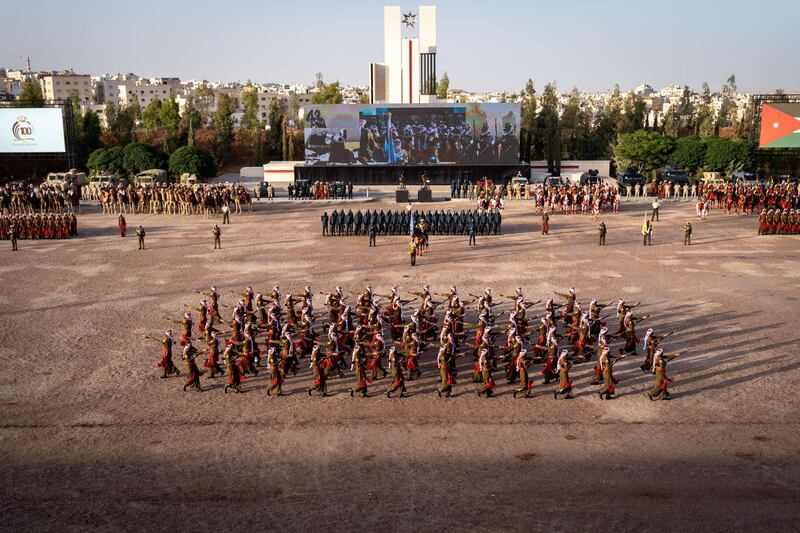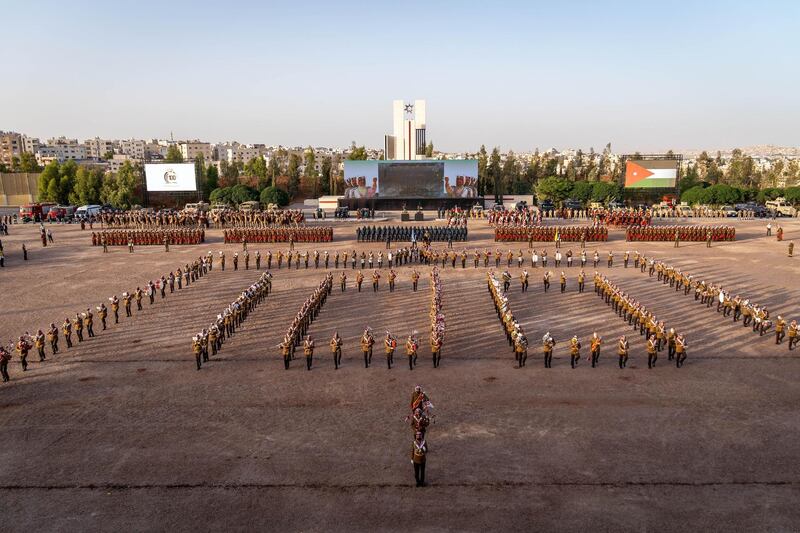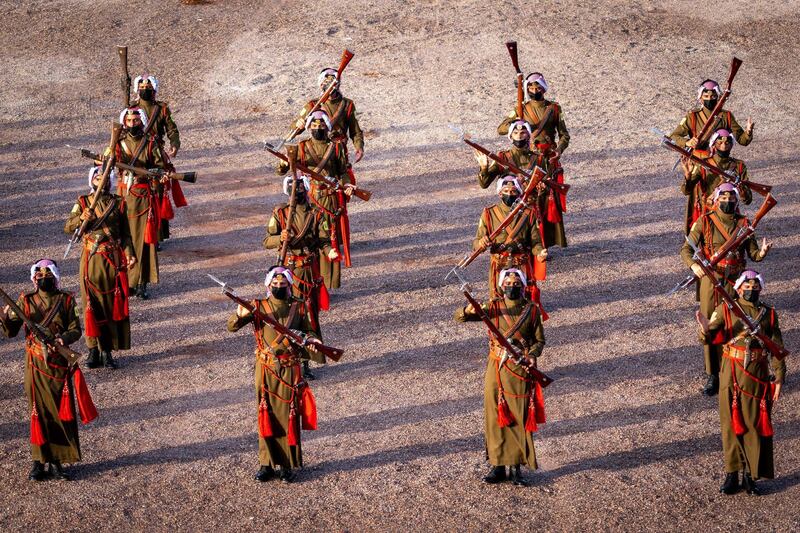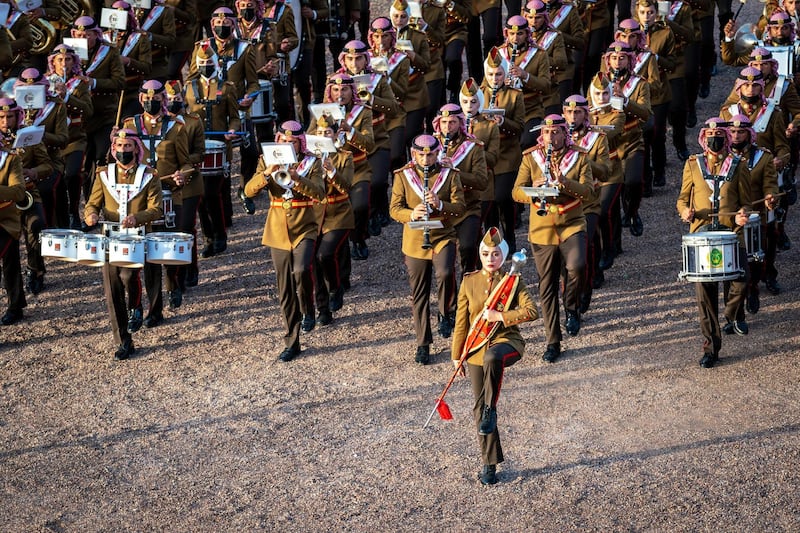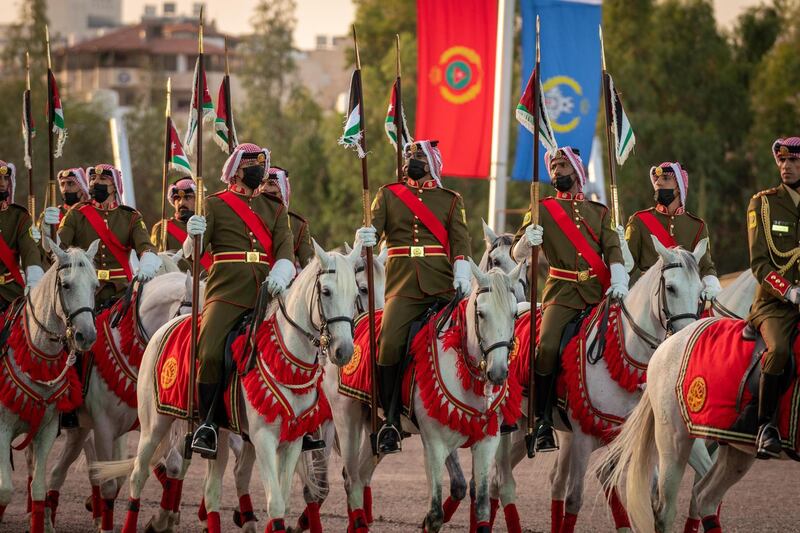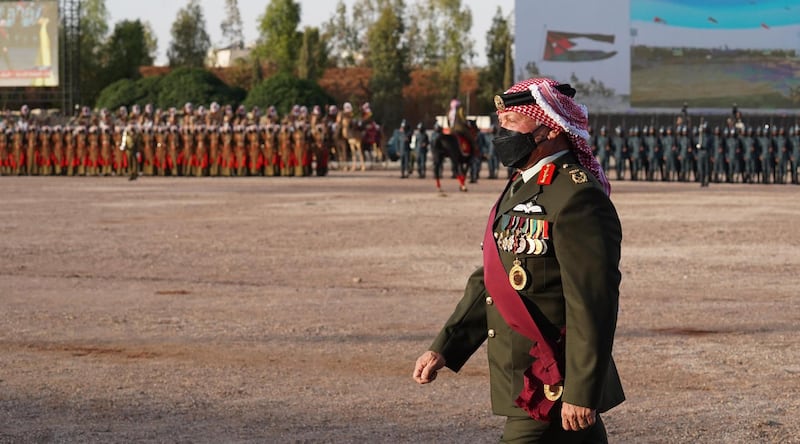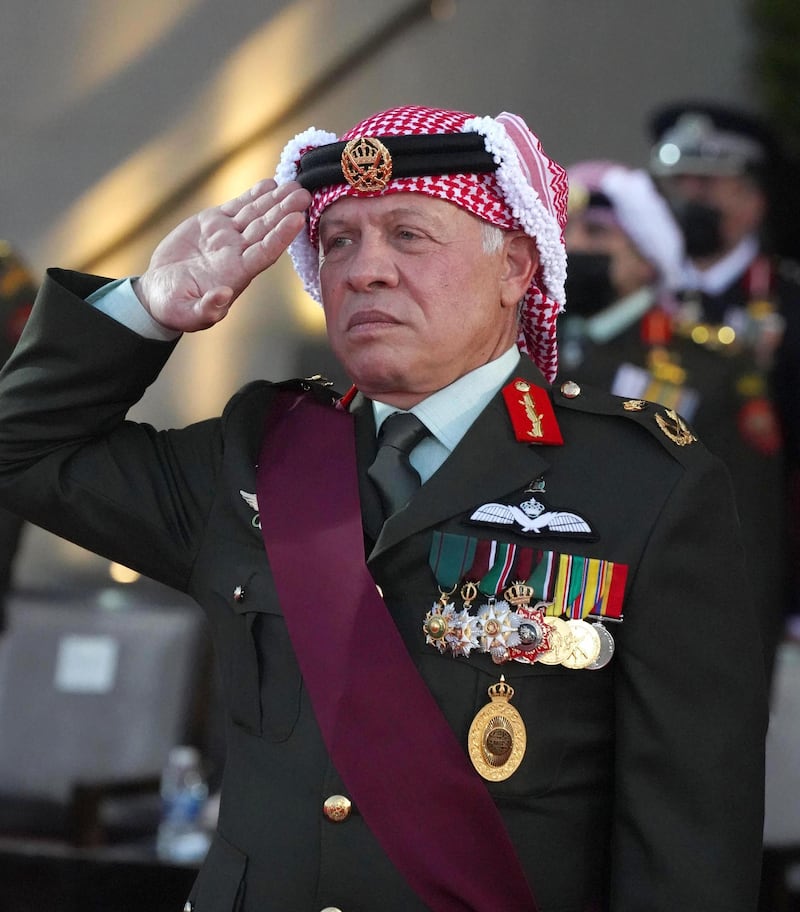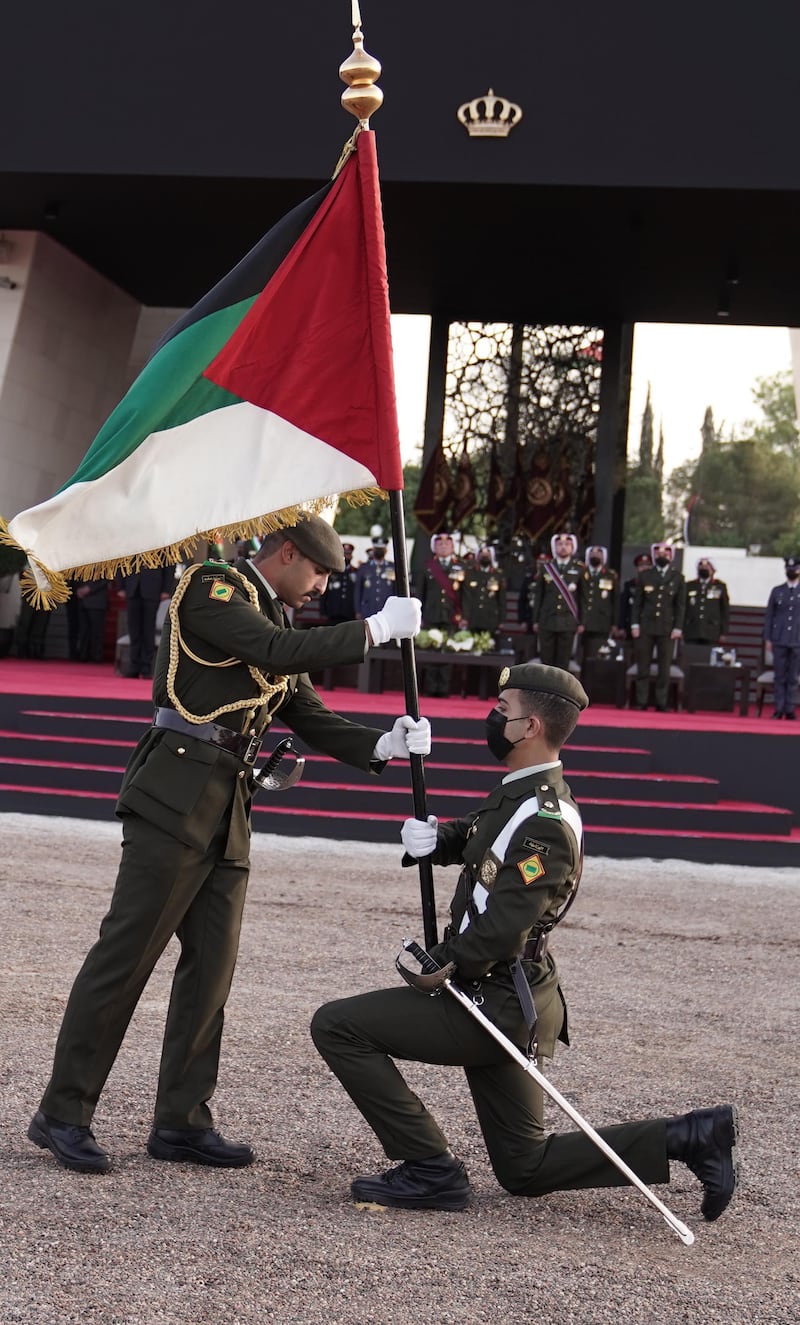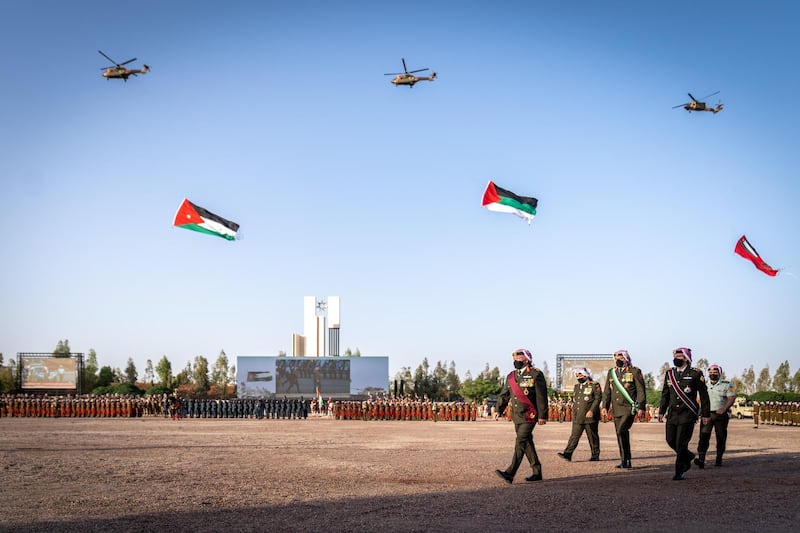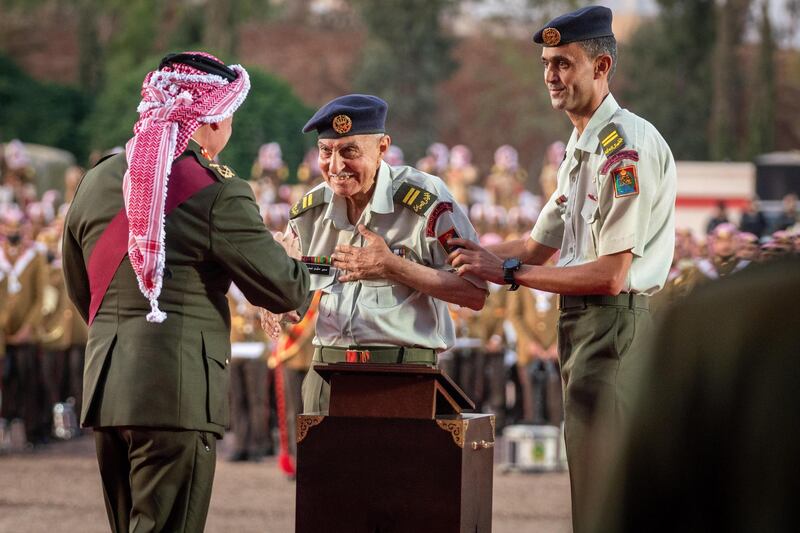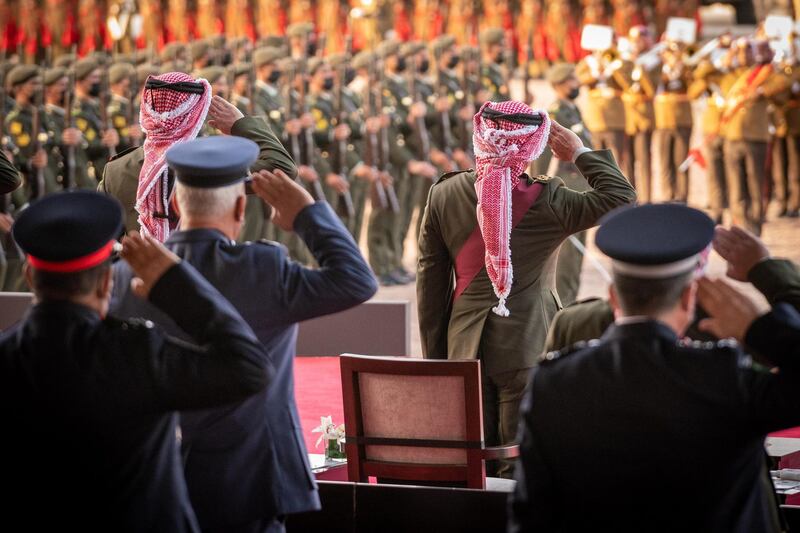Jordan's King Abdullah II on Thursday said he is seeking qualitative changes to the kingdom’s political system amid socio-economic turmoil.
The country has been ruled by the Hashemite monarchy for the past 100 years.
The king formed a mostly loyalist committee to come up with proposals for political reform centred on the 130-member parliament, which has little power in Jordan.
Last week, a tribal political figure called on his followers to challenge the monarch’s authority, prompting the largely pro-government parliament to remove him.
“We are intent on making a qualitative jump in the political and parliamentarian life,” the king said in a letter to the committee’s chairman, former prime minister Samir Al Rifai.
According to the royal court, the committee will be made up of 92 members, led by Mr Rifai.
Jordan is in a recession and unemployment is officially at a record 24 per cent. The government said last year it had increased the social assistance budget as more people sought support.
Several independent committees were formed to submit proposals for political reform since the king succeeded his father, the late King Hussein, in 1999. These were established mostly in times of political and economic uncertainty.
Power is concentrated with the king. Parliament, which is dominated by tribes, is a forum for government-sanctioned criticism. Jordan's tribes are also a main component of the security forces and largely employed by the state, as opposed to the private sector.
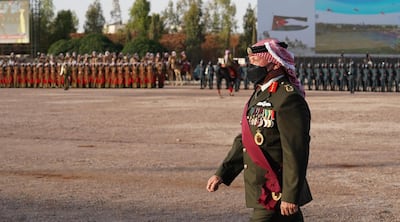
The king said the committee’s mission was to “modernise the political system” and come up with proposals for a new election law for the legislature.
Parliamentary seats are largely allocated to outlaying electoral districts that have relatively small populations.
The king instructed the committee to “give recommendations on modernising legislation that governs local government and enlarge the base of participation in decision-making”.
He did not give details but said he wanted to see a parliament based on blocs “with programmes” and progress “in the way the executive branch exercise its powers”.
On Monday, the monarch ordered an end to the current session of the sitting parliament.
The ruling came a day after parliament removed Osama Al Ajarmeh, a tribal deputy from the urban and agricultural region of Naour, south of Amman.
In a street address to his followers last week, Mr Al Ajarmeh made disparaging remarks about the king and called on his supporters to disobey the monarch.
At the end of April, the king released 16 tribe members from other regions who the authorities implied were involved in sedition.
The 16 were linked to Prince Hamzah bin Hussein, a half-brother of the king, who had sought to court the tribes.
__________
King Abdullah attends JAF ceremony
__________
A large proportion of Jordan’s tribes declared their allegiance to the Hashemites when King Abdullah I, the great grandfather of the current king, founded what would become the Hashemite Kingdom of Jordan with British support in the early 1920s.
The tribes are concentrated mainly in the centre and south of Jordan. But a large proportion of the country’s population of 10 million people is of Palestinian origin.
The kingdom's Palestinian populations are mostly concentrated in urban areas in northern and central Jordan. Most of their ancestors fled the conflict that erupted after the creation of Israel in 1948 and during the 1967 war.
